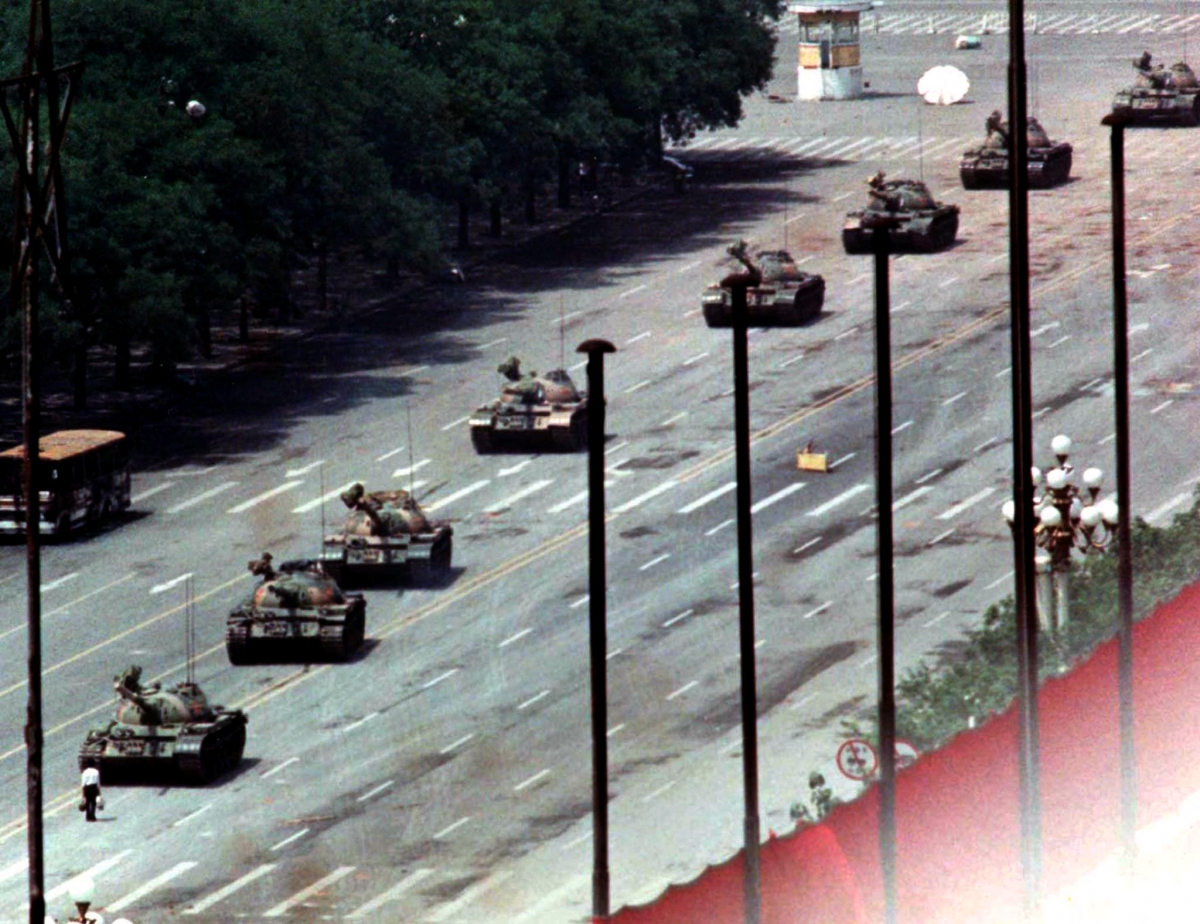

Discussion of Zhou’s case online attracted attention and encouraged women to speak up, share her story, and find solidarity with one another. Their respective hashtags were not mere trends, but also catalysts for the formation of communities connected by anguishing experiences of sexual harassment. Peng’s and Zhou’s experiences are connected by their efforts to share their sexual assault stories and the support both received. Her social media accounts were subsequently shuttered. Once again, Zhou took to social media, this time to criticize how the judiciary treated her legal team and detailing how she was barred from introducing evidence of the assault. This past September, the judge ultimately decided that Zhou’s accusations had insufficient proof. She took Zhu to court, asking 50,000 RMB (about $7,600 USD) in damages and a public apology for groping her in a dressing room during an interview. Zhou’s own accusation, which originally went viral on social media in 2014, was against Zhu Jun, a news anchor for one of China’s main state-run channels and a household name. The removal of Peng’s posts comes on the heels of the case earlier this year of scriptwriter Zhou Xiaoxuan, also known as Xianzi. Though Peng had done the unheard of- accusing former vice premier Zhang Gaoli of forcing her into a sexual relationship-this is not China’s only high-profile story of sexual misconduct in recent years. Her post lasted 30 minutes on Weibo before it was censored, and her name rendered unsearchable. In this video, he offers some amazing insights, and provides a perspective on what it was like to be present at such a monumental and tumultuous event.“Even if I court disaster like an egg against stone or a moth to a flame, I will tell the truth about you and me.” So wrote Chinese doubles tennis star Peng Shuai.

Ken was the assistant air attaché in Beijing at the time and was on the ground for the events of May and June 1989. This video covers an in-depth account of the events surrounding June 4th, 1989, known as the Tiananmen Square Crisis. Our goal is to get the best information to the most people so they can make the best decisions. Through our research, reports, and this video series, CASI enables leaders at all levels to gain a better understanding of Chinese aerospace strategy, doctrine, operating concepts, capabilities, personnel, training, and organization. Many Chinese read and speak English, but very few in the DoD read and speak Mandarin. leaders and policymakers a better understanding of our strategic competitor. By studying “everything that flies” in China CASI is able to provide U.S.
TIANANMEN SQUARE VIDEO SERIES
Part of CASI's "Competition With China" video series which helps Airmen better understand the strategic competition with China broadly, and takes a deep look at many of the military and security aspects of that competition.ĬASI uses source documents to research and report on China’s aerospace forces and the civilian and commercial infrastructure that supports them.


 0 kommentar(er)
0 kommentar(er)
